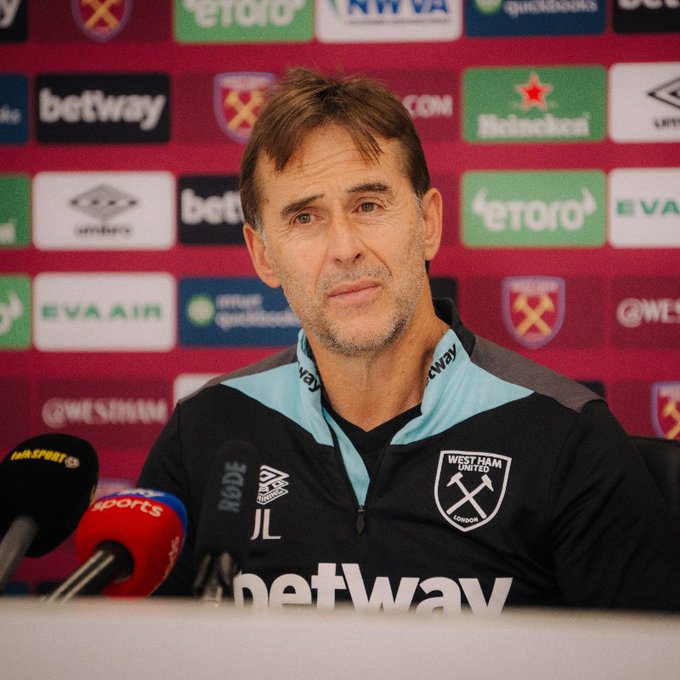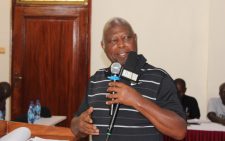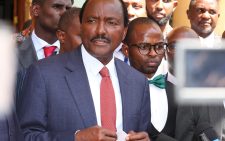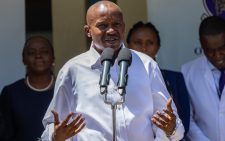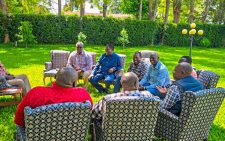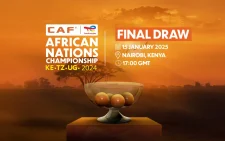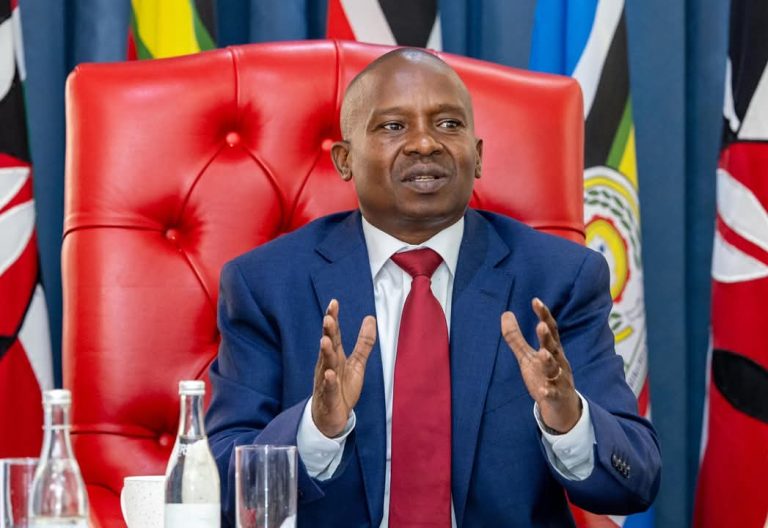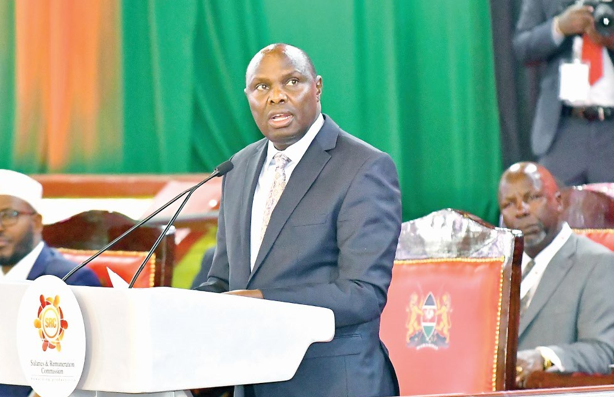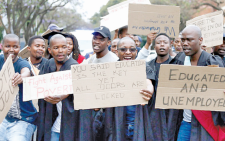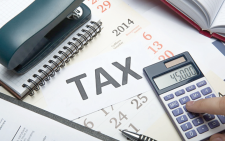Kenya must seek strategies that emphasise job creation
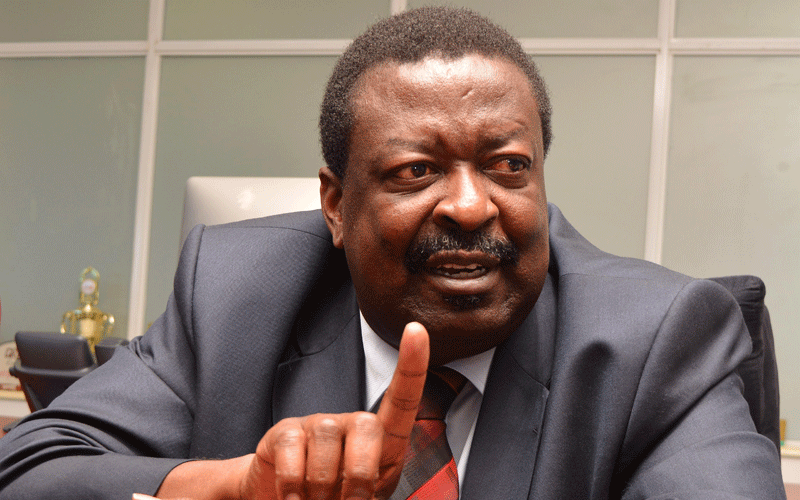
Pandemic shocks hit Kenya hard when it was at its weakest, with little revenue, and a debt which needed urgent redress. Business Hub sought the views of former Treasury boss and ANC chair Musalia Mudavadi on the state of the economy, how it can be rejuvenated and other emerging issues. Here’s a brief excerpt.
Q: Covid-19 really hit Kenya hard. What must be the priorities to start regenerating at this point in time?
A: Kenya is not sitting pretty. Unfortunately, for the last couple of years Kenya has been a consumer-driven process.
We must therefore seek strategies that emphasise production and job creation.
The cost of production is very high in this country and the energy sector is being seen as a cash cow by the State, as opposed to an area to regenerate production.
We have also seen a decline in saving and when a country is not saving due to consumer driven policies, these are critical issues.
What kind of stimuli would excite this economy?
Before even a talking of a stimulus package, government must first rationalise its spending.
They can suspend some to be taken later so that resources can go to areas that can enhance productivity.
For example, the services sector which produces the largest bit for our gross domestic product (GDP) today.
But the sector is suffering because of Covid-19 restrictions. We must therefore start looking at how hotels and tourism sector can be helped to move on.
We also have to acknowledge there has been waste and pilferage. We also need to fast-track corruption cases to bring those involved to book.
As former Treasury boss, looking into government, what went wrong?
The government was overambitious in its projects. The policymakers want to achieve so much in terms of capital projects within a short time.
So there was a serious mismatch between their public expenditure programmes and revenue generation.
This has asserted a lot of pressure on revenue collection, hence the unrealistic targets for Kenya Revenue Authority (KRA).
Therefore, the government must stop looking at the revenue side only. It must now also look at its own expenditure.
If they are not adjusting their own expenditure, they are incurring additional pressure on KRA.
Continously giving them targets that they cannot meet is wrong strategy.
That is why KRA are going out there with hammers.That’s why I am saying let us have an internal examination, cut our coat to fit our size. Let us not assume the clothe is endless.
What is the state of Kenya’s tax system and is it now becoming punitive?
We need to pay our tax, but it must never be punitive. Here, even SMEs are saying they cannot take it anymore.
The more they push it the more you will see tax evasion. When you look at the high court stopping KRA from pushing some aspects of minimum tax, you realise that people are already distressed and on the floor.
We have reached a state where people are scared of starting enterprises. They are scared of new business lines because demand for tax money is hounding everyone out of business.
The joke is that KRA is being asked to do the business and let entrepreneurs collect the taxes.
How did we even arrive at a minimum tax as a country and is it a good tax?
A good tax is one that is simple to collect but is not punitive. If you have a tax that is difficult to collect, you must ask yourself questions. Minimum tax is presumed on turnover.
That’s why you tell people you need a minimum of that turnover.Treasury was trying to broaden the tax base and were wondering how to tap SMEs and they ended up with this.
However, mainly due to the way it was envisioned, they did not foresee certain issues like Covid-19 and their ability to collect the tax.
Is there a possibility that we can tone down mega projects and focus more on social safety nets?
Well, we need to bring relief by rationalising expenditure, and the only right way now is to freeze new programmes that are not a priority, because it would be a disaster and very expensive, for example, to stop building of the Sh62 billion Nairobi Expressway. But it would make sense to stop what is still on paper.
Kenya’s debt is about to hit Sh9 trillion. Is this sustainable and what needs to be fixed?
Debt is part of a financing arrangement and we cannot say that a country cannot borrow, but it is the profile of the borrower that we should start questioning.
The basis for borrowing is usually premised on your revenue and expenditure programmes.
The expenditure programmes for Kenya are huge. And their projections for revenue did not match. It was too wide.
All that we get from revenue is going into recurrent expenditure which includes debt repayment.
Very little revenue is going towards development, so very little is being used to generate productivity. That’s what we need to address quickly and we must get it right.
Referendum and election are around the corner. Will they have a knock-on effect on economy like all election cycles?
The challenge is that we must get it right. It will definitely have an impact, but to what extent I may not tell.
However, to get out of it, we must have a free and fair elections so that we do not have friction that could lead to violence.
What does your crystal ball say about the future?
As a country we shall walk through tough times due to the impact of Covid-19, high debt levels are going to be with us for a while.
So we need to have a unity of purpose and focus so that people can have confidence.
Perhaps after the elections, Kenyans can have a meeting to think together and consider what comes after 2030, hoe to leverage on technology and take Kenya forward.



